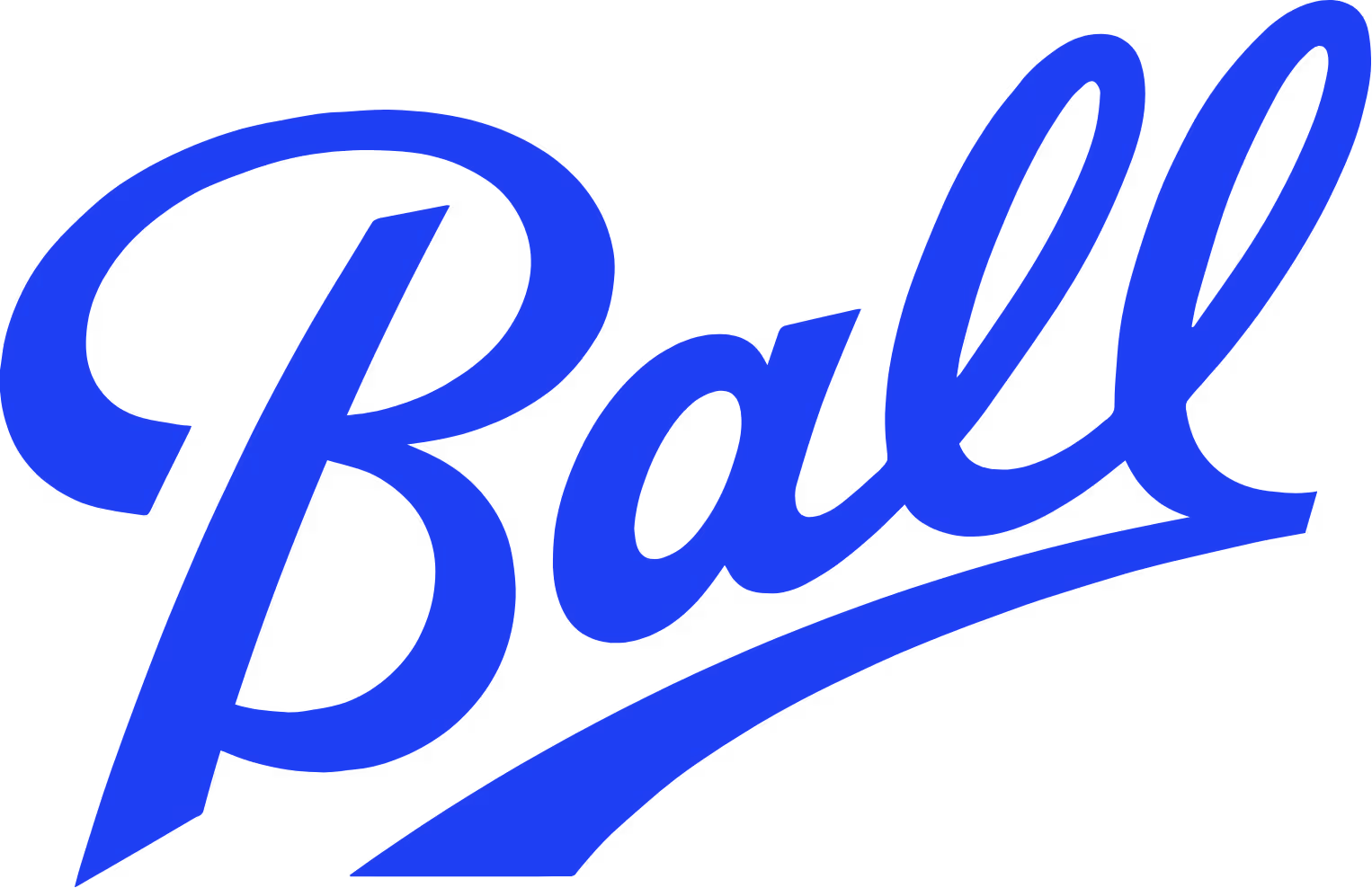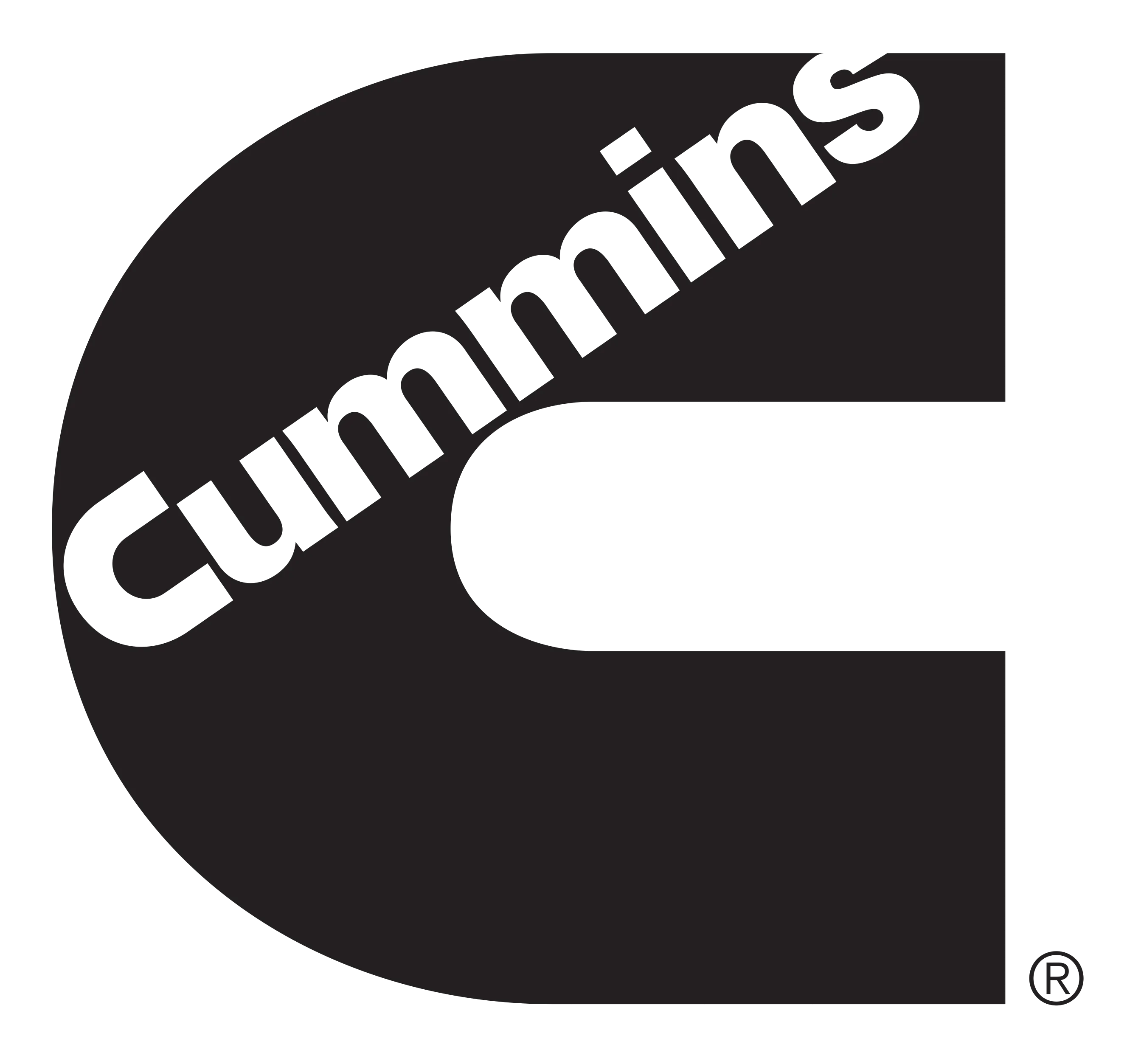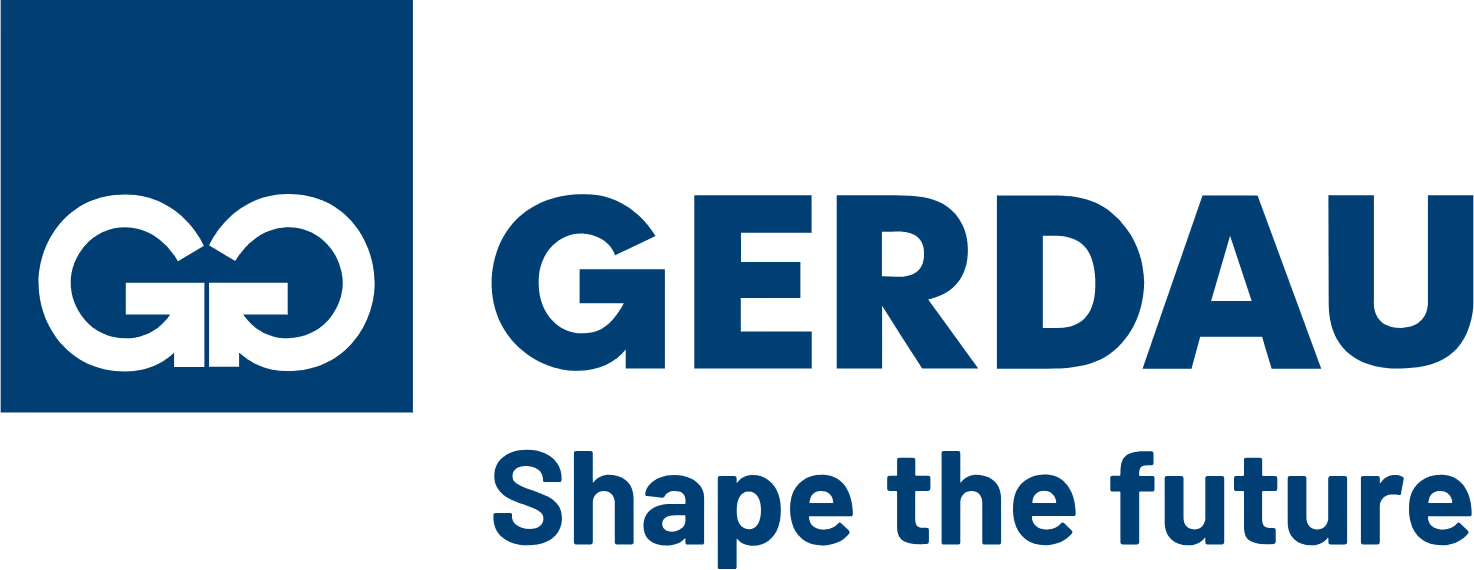Comprehensive Solutions for Your System Needs
Compressed Air System Training
A 4–5 day on-site program that builds practical, hands-on compressed air expertise for your maintenance and energy teams.
Compressor Service Technician Training
Brand-neutral compressed air service technician training. Boosts safety, accountability, troubleshooting, and profitable maintenance.
System Supply & Demand Mapping
We map your entire compressed air system and deliver clean, accurate documentation your operations can rely on.
Leak detection & Leak management
Ultrasonic leak detection for lower energy use and higher system reliability.
Compressed Air Opportunity Scan
A compressed air opportunity scan is prospecting your plant to identify impactful opportunities for system improvement.
Compressed Air System Assessment
For a more in-depth compressed air assessment, we customize our approach to your facility's specific challenges.
Real-Time Monitoring and Controls
Ensure sustained optimal performance with reliable real-time monitoring and maintenance support.
Working alongside industrial companies of all sizes worldwide.













Optimizing Compressed Air Systems for Success
Holistic Assessments
Identify opportunities for improvement through system-wide evaluations tailored to your business needs.
Sustainable Solutions
Implement customized strategies designed to enhance efficiency, reliability, and sustainability.
Empowered Teams
Equip your team with the knowledge and tools needed for ongoing system optimization.
97%
Highest Demand Reduction
50%
Average Demand Reduction
1000+
People Reached by Training
























.svg)

